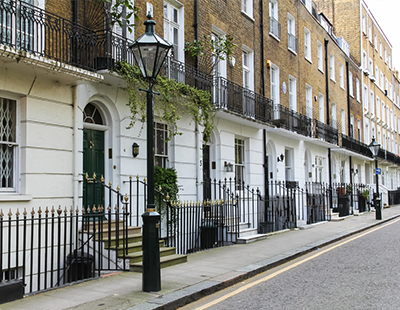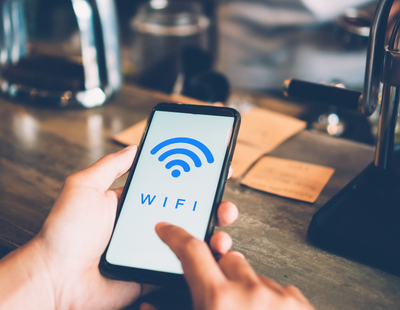The owners at best visited their properties infrequently and at worst treated them merely as assets not homes - and in some cases never visited them between purchase and sale, instead leaving property management firms to check all was OK between transactions.
In that context, the shops and nightlife of those areas fell away. After all, what use a Tesco Metro or The Dog And Duck to a Russian oligarch who lived on a yacht in the Med?
Two factors may just begin to turn the tide on all this, and each is a possible silver lining from two terrible events in recent years.
The first is the pandemic.
The fate of the prime London housing market has been well documented over the pandemic years and whilst it is of course recovering to some degree, estate agents speaking off the record suggest it may never return to the hedonistic heights of, say, 2015 again.
Put bluntly, the gloss has come off prime central London; for the past two years the high rollers have discovered other locations and other investments.
London isn’t dead and it will remain a status symbol to some, of course. But as one agent put it to me on condition of anonymity: “The world’s rich have found it can be nicer to have a home in the south of France than it is in Westminster. The weather’s better, the food’s better, Amazon deliver to both, and these days the taxes are roughly the same, too.”
The second reason why prime London property might no longer be seen as an unmissable asset class by the world’s richest is, of course, connected with the tragic Ukraine crisis.
If the UK’s Economic Crime (Enforcement and Transparency) Bill becomes law and if - a big if - it really does give the authorities the right to stretch back 20 years to try to establish property ownership, then all bets are off. The attractiveness of this country falls away for those from overseas who want their wealth to be disguised and safeguarded.
It’s worth getting both these factors into proportion, of course.
The pandemic hasn’t hit London uniquely, and major cities across the world are arguably less attractive now than before the pandemic.
Likewise, the amount of Russian owned property in prime London is easily over-stated, and in any case other countries’ citizens own a great deal more in the UK capital.
But I hope you get the broad point - some of the ‘qualities’ that for two decades now have been turning central London into an investment hub rather than a place to live, are almost certainly going to fade a little in the coming years.
Whether that leads to a Co-Op popping up on Mayfair’s Mount Street, I very much doubt; but over time, this year might just be seen as the one which led to a few more lights being on at night in central London apartments.
In other words, a few more people might actually live in prime central London than merely own something there.
*Editor of Estate Agent Today, Letting Agent Today and Landlord Today, Graham can be found tweeting about all things property at @PropertyJourn






/ParliamentView-400x310.jpg)
/SunakvsTruss02_400x310.png)






.png)


.jpg)




.png)



Join the conversation
Jump to latest comment and add your reply
A thorny subject carefully and sensitively discussed Graham. Our inability as a country to control who buys what is one of the tragedies of our age. We should welcome a spotlight being shone into these dark recesses!!
Please login to comment